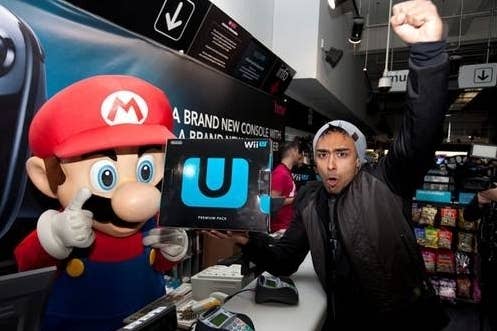Game Over: The Losers of 2013
You charge too little and you charge too much for your games - and you want to own our living rooms? Here are the stumbles of the past 12 months
It's been a fantastic year for the games business but there are always winners and losers. Not losers that have been left face down in the gutter, unable to get up and fight another day, but those that have clearly fought against the tide in 2013. It's largely due to being unable to keep up with the pace of the video game business, where rapid evolution can leave the best companies short, forcing them to play catch-up when rivals and consumers have already moved on.
And it's not just single companies - there have been trends that should have thrived through 2013, but the intended audience has not warmed to developments, leaving the predictions of companies and industry commentators sounding hollow. These are the trends and companies that have slipped, tripped and stumbled their way through 2013, hoping next year they can start afresh.
Microconsoles
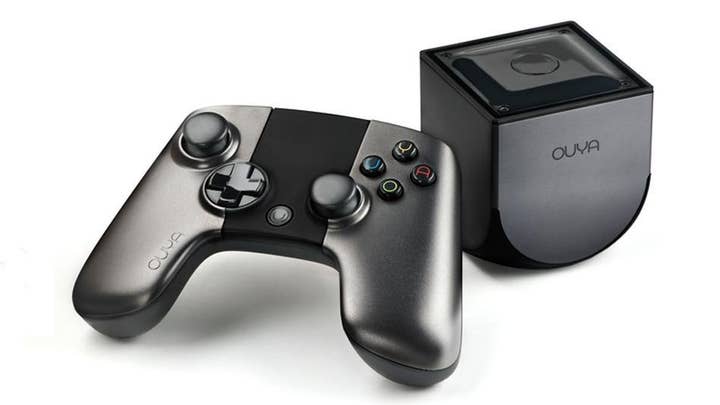
There's still potential in the Ouya, no doubt. But Julie Urhman and her clunky mobile-to-console device got off to a bad start and it didn't really get any better. Developer toy and a curiosity, the Ouya has stumbled through similar problems as Microsoft - it hasn't really understood the demands of the independent developer and it has made far too many assumptions about its own audience. The terrible online ads with the vomiting gamer were simply bizarre, but refusing to acknowledge a funding system that was being exploited by greedy developers was just bad business. If you're going to allow your consumers to fund the product through Kickstarter, you have to also let them help shape the final offering. Ouya seems like a company that refuses to listen to feedback until it's too late.
"Ouya has stumbled through similar problems as Microsoft - it has made far too many assumptions about its own audience"
But the Ouya isn't the only microconsole on or close to market. If all are ultimately offering the same end result - mobile games on the big screen - how do they stand out? And does the audience actually want their mobile games on a big screen? The competition is fierce - easily accessible indie games with high production values, free-to-play MMOs, new consoles, cheaper old systems that still have a lot of performance in them and a healthy catalogue - now is not the time for unrefined content or half measures. The pricing would suggest they are not cheap enough, and with the Oculus Rift and CastAR fulfilling the experimental side of development and Valve's Steam Machine's the highest of high-end, there doesn't seem to be a place anymore for a cute novelty games device. The Gamestick, Ouya, GamePop and Mojo look to have missed their already narrow window of opportunity.
The Nintendo Wii U
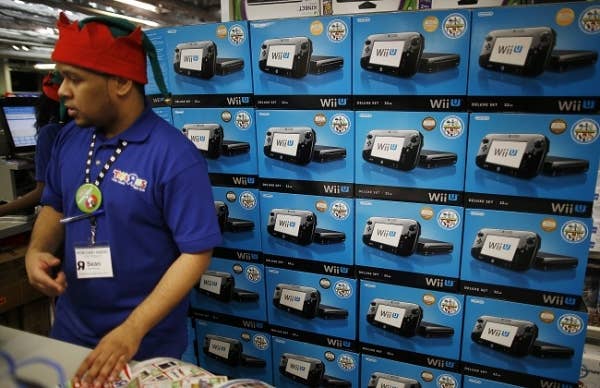
Nintendo is fine. But the Wii U is over. It didn't really begin, to be fair. It's not going to sell 9 million units in this financial year as predicted by Satoru Iwata. Nintendo has its head in the sand. I will be surprised if the Wii U is in stores next Christmas, apart from knocking around the bargain bins and/or the retro sections, where delusional Nintendo fanboys refuse to accept the inevitable. Apart from a handful of games that are in Nintendo's own house there's nothing to wait for. And that myth that Nintendo games sell Nintendo consoles is clearly just that. It's a myth. Wind Waker HD, Pikmin and Mario may be great games but they haven't been system sellers.
The big question earlier in the year was whether new consoles from Microsoft and Sony would follow suit. They didn't; both have gotten off to a flying start past the two million mark. Over a year from release and the Wii U is shuffling along with no support from third parties. Again, the Nintendo faithful point to in-house development, but it's clearly not enough to shift units. Nintendo hasn't heard the advice to fast fail. This holiday season is the last roll of the dice - the bundles on offer are good value for money - but the system looks out of date sat next to the PlayStation 4 and Xbox One. To the consumer it's not clear what differentiates the Wii U. It looks cheaper, it has a tablet that's barely used and once again it's surrounded by those all too familiar cartoon faces. Nintendo preaches to the converted but the converted aren't enough to sustain the Wii U business.
I'll say it again to be clear; Nintendo is fine, but the Wii U is over.
Insomniac Games
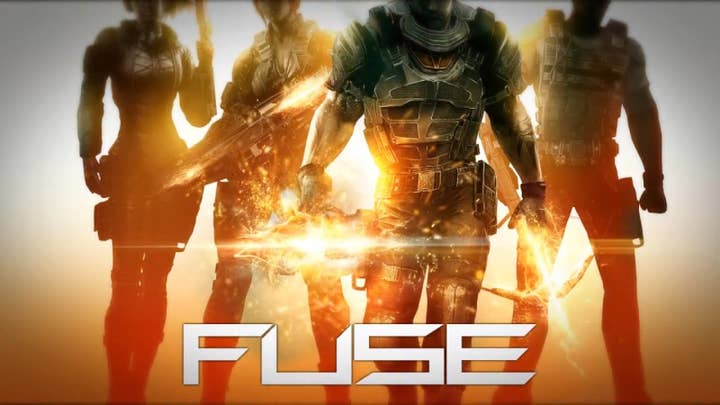
Remember Fuse? Neither do we. Fuse was the exact opposite of Naughty Dog's The Last of Us. No hype, no excitement, no marketing support. New intellectual property from a well-established, skilled and much-loved game development team shouldn't have been this dead on arrival, yet Fuse flopped onto the market when no one was asking for it. The marketing department were so embarrassed they took the cover art and cut the heads off their main characters. Ouch.
"The marketing department were so embarrassed they took the cover art and cut the heads off their main characters"
A quick glance at the game shelves will show many third-person cover-based shooters. If we look at the Gears of War franchise, it's a series that squeezed out four iterations before Fuse was released. Gears is a series that, despite being incredibly popular, seemed by episode four to admit that the well had run dry. Judgement was a good game, but everything comes to a natural stop. So if the market leader has decided its time to take a break, what hope for an upstart with no differentiators like Fuse?
Was the game also a victim of EA's now defunct Partners programme? That doesn't really matter (note: EA insists that Partners is functioning as normal). If a studio is only as good as its last game then Insomniac is visibly limping from this release. Hopefully it can sweep Fuse under the carpet and use its next project - Xbox One exclusive Sunset Overdrive - to start afresh in the new generation.
Digital pricing
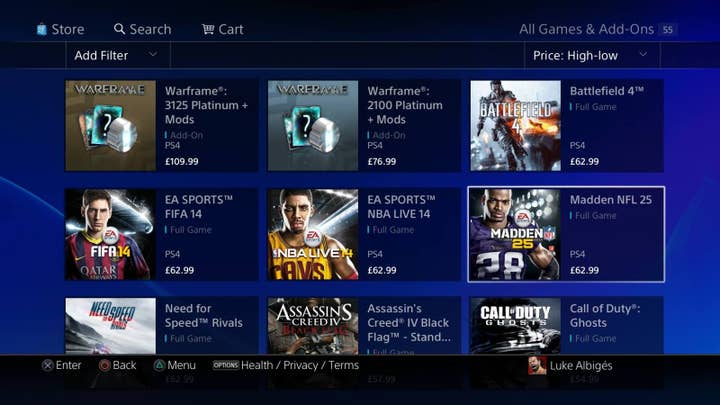
What a mess digital pricing is. On mobile formats, games are given away for free and even that's not a big enough incentive to play them. On consoles the opposite is happening - prices are ramped up above the RRP of a physical disc. And yet they must be selling because the prices haven't dropped. And then there's the ridiculous price of in-game items and other ways in which developers and publishers are monetising virtual content. From £32 for a supercar in a console racing game to £70 worth of extra lives in a simple mobile quiz game, there's no way in which this doesn't look greedy. To anyone outside of the industry (you know, the people that actually pay for stuff) it's messy, ill-thought out and looks like pure exploitation. That's why we'll continue to see stories in the press about kids spending obscene amounts on their parents' credit cards due to a lack of clarity.
"To anyone outside of the industry it's messy, ill-thought out and looks like pure exploitation"
But there's no real solution to this. Prices will always vary from product to product, format to format. What we have to do is continue to educate the consumer and patiently wait for the market to decide on what it wants to pay and what it finds acceptable. It might also help if we got rid of terms like 'whales', unless you're happy to associate a customer with something that is relentlessly hunted, slaughtered and chopped into pieces in order to maximise every penny.
For digital pricing to become more stable and less bewildering, the consumer will need to determine the price of the content, not the content makers. And they'll do that by voting with their wallets.
id Software
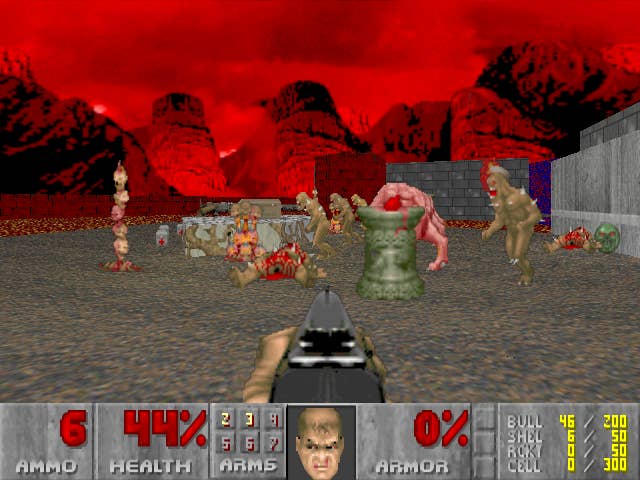
It's all over. id Software is an empty house. Hollenshead, Hooper and then the big one - John Carmack - all left the maker of Doom this year. It's perhaps inevitable that once a company sells up (and some might say sells out) to a publisher that the talent moves on once contracts are honoured. Carmack clearly believes VR is finally, really, the future of games. The exodus leaves behind some great software, no doubt, but it will never have the love and attention poured into it from the people that actually made it in the first place. And the same goes for Doom, a game that celebrated its 20th anniversary this month. Maybe time is up on that franchise too. There are certainly less dignified ways to go.
Microsoft
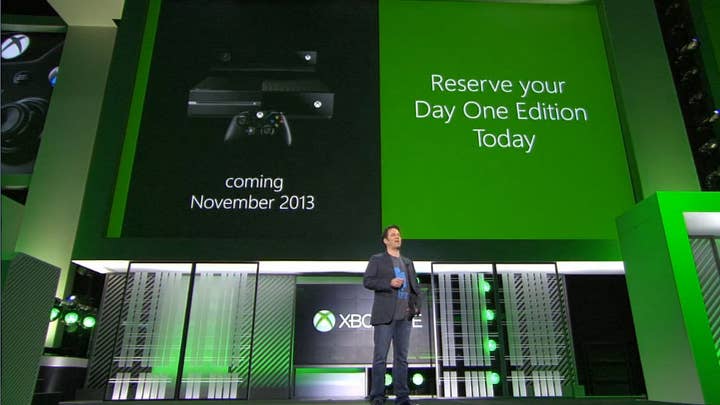
Microsoft is the easy target here and it has deserved every kick up the ass it's had since it first revealed a brand new games console by showing live sports and a TV quiz show. Its Xbox One showing at E3 was better, with a concentrated effort to put video games front and centre, but that only worked up until the point where Phil Spencer revealed the price. Then tumbleweed blew across the stage. And then the details came out about online connectivity and the company's digital policies, which were dragged over hot coals by the developers, the press and everyone else with an opinion. Then of course there was the backtracking, which made the company look like what it really was - making a lot of policies up as it went along. And then...
"Microsoft has had a risible year, mainly due to its own mismanagement and poor marketing"
Well, you get the picture. Microsoft has had a risible year, mainly due to its own mismanagement and poor marketing. The messages were not refined enough, the goals of the Xbox One too wide reaching at an early stage. It can't be everything to everyone. You can't own my living room - it's my living room. I might let the hardware in, but you have to turn off that snooping first. I'm not sure I'm happy with the enforced bundling of a camera staring at me, analysing my gameplay, ticking off a checklist of my children's viewing habits. Call me paranoid and maybe a little old fashioned, but I'd like a video games console to play damn good video games first and I'll decide on the entertainment options in my own time.
Microsoft assumed too much. It tried to tell the consumer what they wanted, what they will do with their Xbox One and how they will use it. Instead of presenting the hardware, the games and the features and letting the consumer adopt it as they see fit. Let's hope in 2014 it does a lot more listening and lot less telling.
